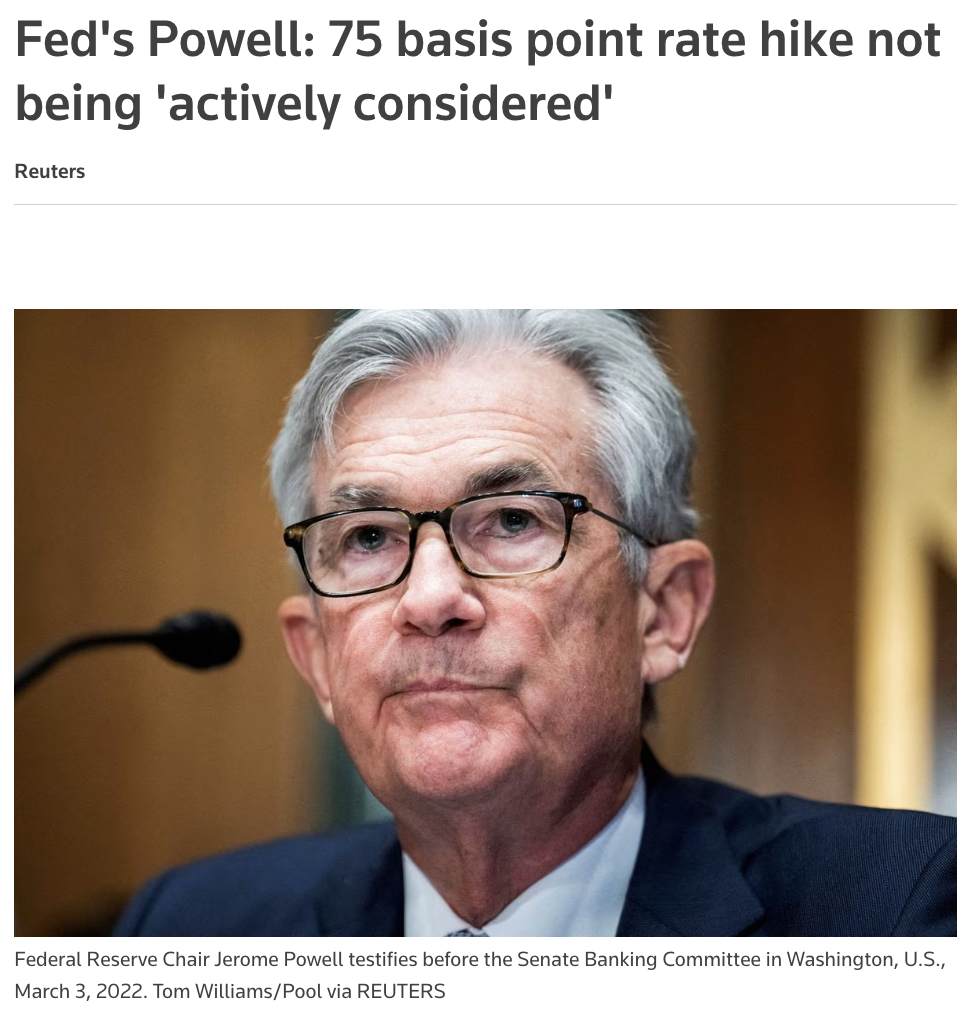Josep Borrell came under fire for calling the bloc a “garden,” while describing the rest of the world in less flattering terms
Josep Borrell, the EU’s high representative for foreign affairs and security policy, has issued an apology after his metaphor for the perceived fundamental difference between the bloc and the rest of the world caught flak. He insisted, however, that his comparison of the outside world to a “jungle” was not intended to have any racist overtones.
On Tuesday, Borrell published a blog post in which he expressed regret that “some have misinterpreted” his latest metaphor as an example of “colonial Euro-centrism.”
“I am sorry if some have felt offended,” he added.
The diplomat made the controversial remark last week while speaking at the inauguration ceremony at the European Diplomatic Academy in Bruges, Belgium. Borrell said that Europeans live in a “garden,” while most of the outside world is a “jungle.”
The comment sparked outrage both online and in the global diplomatic arena.
On Monday, the United Arab Emirates summoned the EU’s representative in the country, demanding an explanation of the “discriminatory” remarks.
On the same day, Borrell denied that his message was racist or colonialist, claiming that he had merely tried a make the case against the ‘fortress Europe’ concept.
In a blog post the following day, he said the metaphor was based on the fact that the “law of the jungle,” represented by what he called “power politics,” is increasingly dominant in various parts of the world. In contrast, the EU, Borrell said, is built around a “shared commitment to uphold rules and laws.”
“My reference to ‘jungle’ has no racist, cultural or geographical connotation. Indeed and unfortunately, the ‘jungle’ is everywhere, including today in Ukraine,” Borrell clarified.
He went on to acknowledge that “neither Europe nor ‘the West’ is perfect,” and that some Western powers have violated international law in the past.
This is not the first time Borrell has made comments deemed highly controversial. In Early September, he described the Russian government as a “fascist regime.”
Commenting on the statement, Russian President Vladimir Putin said that Borrell would likely have backed the fascist coup in Spain in the 1930s, “because today he supports just the same putschists in Ukraine.”
You can share this story on social media:

















